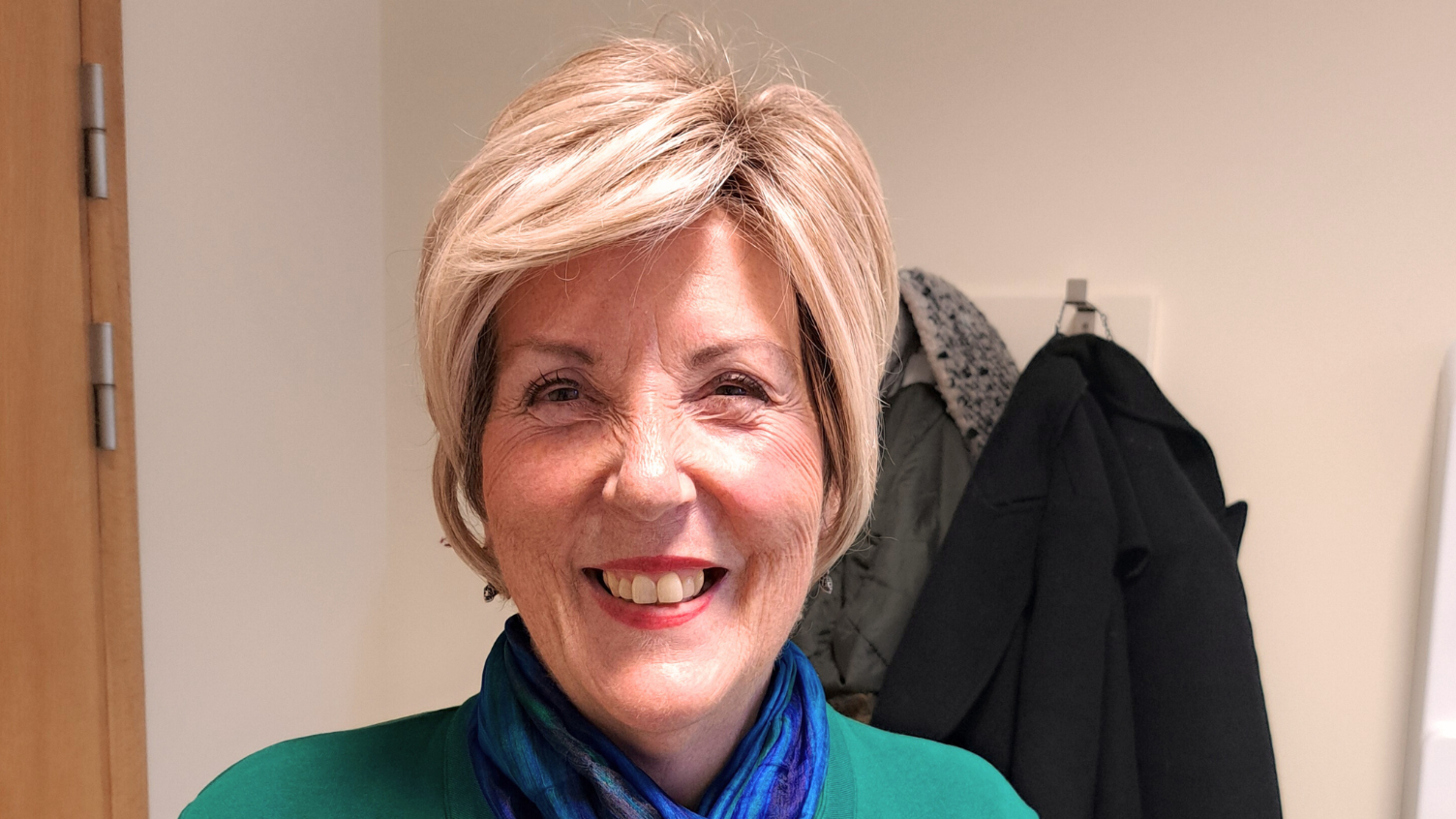Your Path in Research: Finding a new drug for Parkinson’s and exploring new ways to monitor the progression of Parkinson’s
- 7 October 2021
- 4 min read
Your Path in Research: Dr Payne and the UP study
Dr Tom Payne is working on the UP study to find new drugs to treat Parkinson's and using this re-purposing study to redesign how Parkinson's studies are run, changing how the progression of the disease is monitored.
In Your Path in Research - a series that uncovers the research community across the National Institute of Health Research - we spoke with Dr Tom Payne; a researcher working on the UP study to discuss his experience in research, why he continued his path in research and any advice that he could give to those looking into a career in research.
Why did you pursue a career in research?
I became involved in research as a result of my interest in neurology. In medical school, I found the neurology lectures the most captivating and I was fascinated by how the brain works. So, I knew that neurology was the area I wanted to specialise in.
Fairly early on in my career, I got involved in research because it has enabled me to devote more of my time to explore my interest in neurology. Indeed, I applied for an early combined academic and clinical training programme that allowed me 4 months of research in my first 2 years after qualifying. Here I worked with Prof Oliver Bansmann, examining the role of genetic factors in Parkinson's using a Zebrafish model.
However, I continued pursuing a career in research because it enabled me to gather more expertise within a certain field, which will mean I can reach my career aspirations faster of being a Clinical Academic in Parkinson's than I otherwise would have.
Please could you tell us about your current role?
I am a clinical research fellow for the UP study. My work on this study is also the focus of my PhD. Alongside my research role, I still do clinical practice. I work at a movement disorders clinic and do out-of-hours inpatient neurology work.
The UP study (UDCA in Parkinson's) is investigating whether ursodeoxycholic acid (UDCA) is safe and tolerable for individuals with Parkison's, this is a phase one study. Days that are spent on the UP study have involved monitoring how Parkinson's patients respond to their study drug with questionnaires, scans and investigating their motion sensors' data. Currently, I am analysing the statistics from the study, and beginning my PhD write up.
What do you enjoy the most about research?
Of course, it's the brain, how could it not be interesting?
What I find particularly rewarding is discovering new effective and cutting-edge treatments. For some neurological conditions there has not been a medical breakthrough for quite some time. Our best symptomatic treatment for Parkinson's is our oldest treatment, which was developed in the 1960's, called Levodopa.
Not only is the UP study investigating new treatments but it will hopefully overcome some of the hurdles that have prevented us from developing better treatments, which will stop us relying on decades-old treatments.
As the UP study is a drug-re-purposing study and as UDCA has been previously used for treating liver disease, we are confident that UDCA is safe and tolerable in Parkinson's patients. Therefore, the study is the perfect opportunity to re-evaluate how Parkinson's studies are run and find a way to measure Parkinson's in a standardised fashion, moving away from subjective clinical rating scales.
It has been quite exciting to utilize more leading-edge methods to monitor the progression of Parkinson's such as sensor based quantification, which monitors the patients in their daily life, and Magnetic Resonance Phosphorus Spectroscopy, a complex neuroimaging technique.
How has taking part in research helped your existing priorities?
Research has allowed me to stay in the area that I am interested in. I feel a lot more competent after staying in the same area for longer and my experience will allow me to become a Movement Disorder specialist in Neurology, faster than I otherwise would have.
Of course my work on the UP study has assisted my career aspirations because I would like to be a clinical academic, where half of my time is devoted to research and the other half to practice.
Research has also really cultivated my clinical abilities too. For instance, if I diagnose someone with Parkinson's I can answer many of their complex questions on the disease and have in-depth conversations with them, which a colleague without a research background would not necessarily be able to do to the same degree.
Secondly, being involved in research allows me to be aware of new developments and treatments that are on the horizon. Therefore, I can create treatment plans according to the most recent developments in neurology.
What advice do you have for someone who is looking to continue their career in research?
When you first start in research, it can be quite a juggling act, so you do need to be organised and keep on top of things.
While it can be difficult to find suitable studies and manage clinical practice alongside research, as long as you are really interested in your research area, it is easy to stay motivated and driven.
It can be hard to get into research of your own volition. So it is important to have a supervisor or really utilize the Your Path in Research materials to assist you with the process.
If you are interested in a pursuing a career in research
- Find out what research opportunities are available in your profession at NIHR
- Find out about the NIHR research career pathways
- Get involved in one of 10 virtual Incubators which provide targeted high level career development support, led by experts in the field
- Find out about the benefits of research and how you can get involved.


